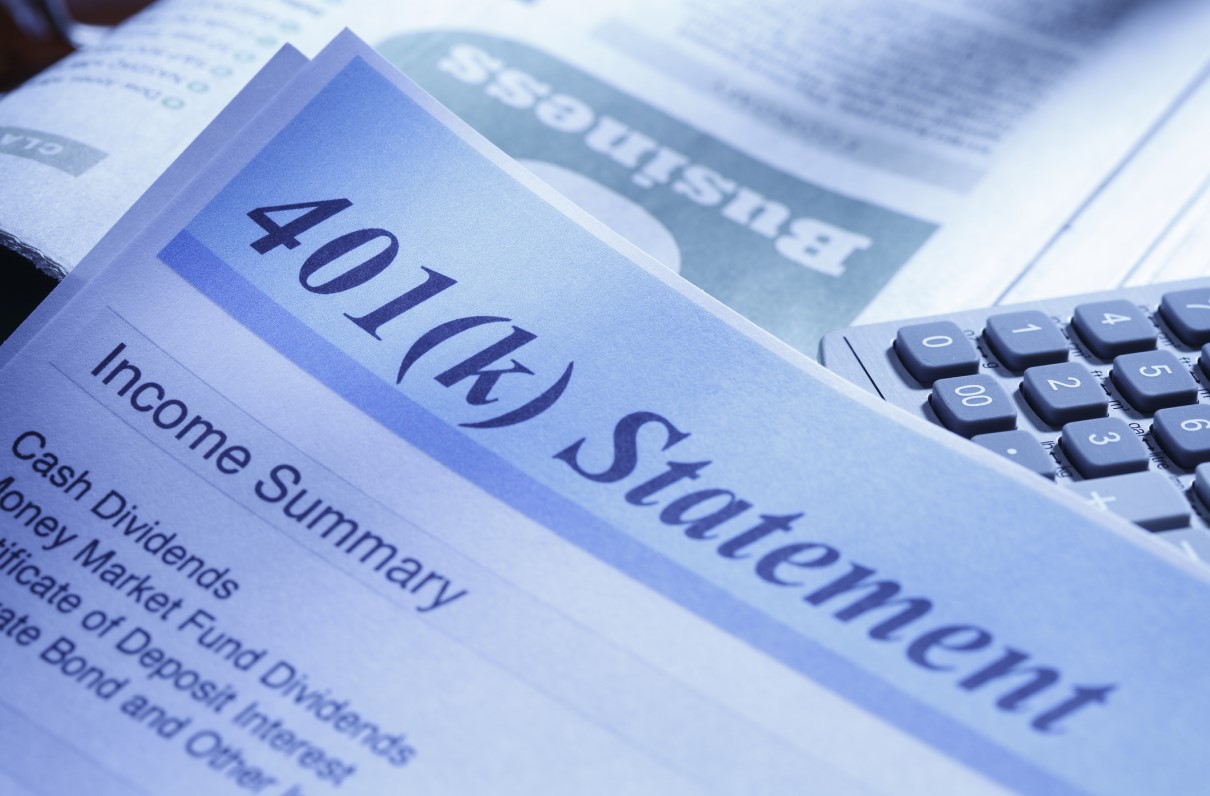Editor’s note: This article by Amanda Miller originally appeared on Military.com, a leading source of news for the military and veteran community.
Civilian employers may qualify for a new tax credit if they make their 401(k) retirement programs available to military spouses, according to a certain timeline.
The Secure 2.0 Act provided the new credit to incentivize employers to quickly enroll and vest spouses in the plans.
"Military spouses often do not remain employed long enough to become eligible for their employer's retirement plan or to vest in employer contributions," according to the law, which provided the credit starting in the 2023 tax year.
Retired Air Force Col. Curt Sheldon, a certified financial planner, author and former fighter pilot, talked about the new tax credit during the webinar "What's New for the Upcoming Tax Season?" presented by the Military Officers Association of America.
[RELATED: Access the Webinar | Full MOAA Webinar Archive (Premium and Life Member Exclusive)]
The requirements of the credit might amount to "special treatment" if military spouses receive their benefits sooner than they otherwise would have, Sheldon said.
"The special treatment is, it allows them to sign up for the 401(k) immediately, and any matching they get immediately as well. And ... it vests immediately, so it's not subject to being taken back."
A tax credit means employers can subtract the amount directly from their tax bill. Here's how it works:
- The tax credit is available to small employers with fewer than 100 employees.
- The employer must make a military spouse eligible to take part in a defined contribution retirement plan within two months of being hired.
- Upon becoming eligible for the plan, the military spouse must immediately become eligible for any automatic or matching contributions the employer would otherwise provide after two years of employment.
- The military spouse must be fully vested in all employer-provided funds right away, meaning the spouse won't lose a portion of the match when moving on.
- For each spouse for which the employer meets the above criteria, the employer may receive a credit amounting to $200 per year, plus 100% (up to $300), to help offset the employer contributions, for a maximum possible credit of $500 per year.
- The employer may claim the credit for the same military spouse for three years.
[RELATED: Senate Bill Would Give Surviving Spouses More Access to Career Resources]
The employers don't have to require proof that the military spouse is actually married to a service member; they may take the spouse's word for it.
"If you are in this situation" of starting a new job "and your employer is not aware of [the credit], they might be more willing to make you eligible for the 401(k) -- or at least appreciate the fact that you're helping them save some money," Sheldon said.
MOAA’s Financial Calculators
Whether you’re planning for retirement, buying a home, managing your investments, or more, these tools can help you make informed decisions.
